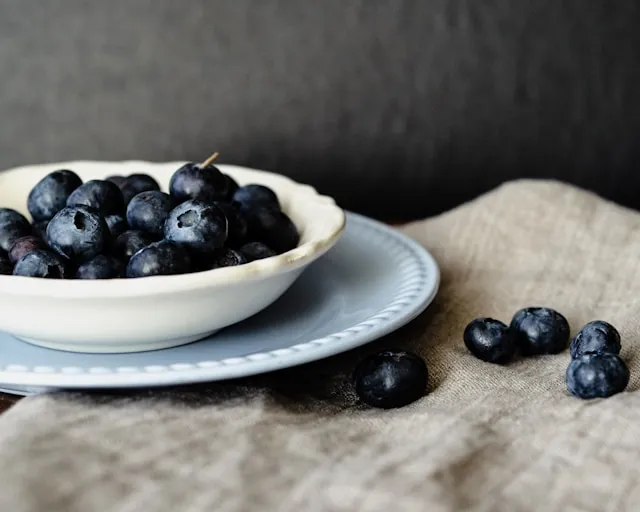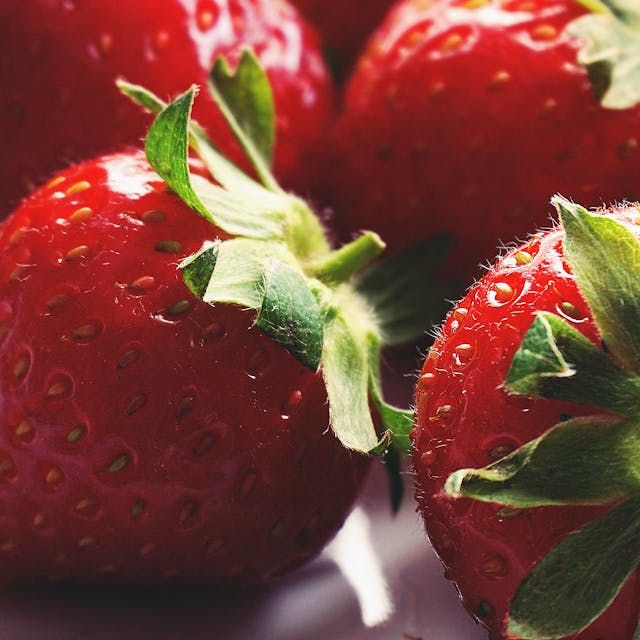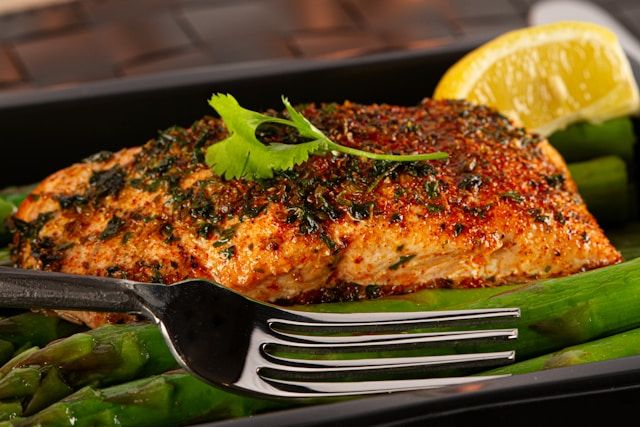
What is Gout?
Gout is a form of arthritis caused by the buildup of uric acid crystals in the joints, leading to intense pain, swelling, and inflammation. Typically, gout attacks start suddenly and can last for days or even weeks if left untreated. High levels of uric acid in the blood are among the primary reasons for gout, and certain foods contribute directly to these elevated levels. While not every gout case is preventable, understanding how foods affect gout is an important step in managing this condition.

Foods That Affect Gout: High-Purine Foods to Avoid
Foods that are high in purines are among the biggest dietary culprits when it comes to foods that affect gout. Purines are compounds found in many foods, and when they break down, they release uric acid. Let’s take a closer look at the high-purine foods that can trigger gout attacks:
- Red Meat and Organ Meats
Beef, lamb, pork, liver, kidneys, and other organ meats contain high levels of purines, making them foods that affect gout more severely than leaner meats. Since these meats raise uric acid levels, reducing their intake can help in managing gout. - Seafood
Certain types of seafood, such as sardines, anchovies, mackerel, and shellfish, are also high in purines. These are some of the foods that affect gout most acutely, often triggering flare-ups soon after consumption. While not all seafood is off-limits, it’s best to avoid those with particularly high purine content. - Sugary Drinks and Alcohol
Fructose-sweetened beverages and alcohol, especially beer, are well-known foods that affect gout by raising uric acid levels. Beer, for instance, contains both alcohol and purines, which increase the risk of a gout attack. Sugary sodas and fruit juices, although not high in purines, are linked to higher uric acid production, another reason for gout flare-ups. - Processed and Fatty Foods
Foods high in saturated fats—such as fried foods, pastries, and highly processed snacks—can make it difficult for the kidneys to process and excrete uric acid efficiently. While not direct reasons for gout, these foods exacerbate the issue by adding strain on the body’s metabolic processes. - Certain Vegetables and Legumes
While vegetables are generally beneficial, some, like spinach, asparagus, and mushrooms, have moderate purine levels. Although they are not as potent as animal-based foods in terms of uric acid production, these vegetables are still foods that affect gout in some people. Legumes like beans, lentils, and peas also contain purines, although they’re often less impactful than animal-based purine sources.

Foods That Support Gout Management
While there are foods that affect gout negatively, there are also many that help lower uric acid levels or reduce inflammation. Incorporating these into your diet can complement gout treatment and prevent flare-ups.
- Low-Fat Dairy Products
Research suggests that low-fat milk, yogurt, and other dairy products can lower uric acid levels in the blood, helping to counteract the foods that affect gout negatively. Including low-fat dairy can be especially helpful in reducing the reasons for gout. - Cherries and Berries
Cherries, blueberries, and strawberries are rich in antioxidants and compounds that may help reduce uric acid. Studies have shown that regular consumption of cherries can lower the risk of gout attacks, making these fruits excellent choices for a gout-friendly diet. - Whole Grains
Whole grains like oats, brown rice, and quinoa contain minimal purine levels and can offer sustained energy without raising uric acid levels significantly. Unlike processed grains, whole grains are foods that support the body’s metabolic functions, aiding in kidney health. - Water and Herbal Teas
Proper hydration is essential for managing gout, as it supports kidney function and uric acid excretion. Drinking 8-10 glasses of water daily can help mitigate the reasons for gout, as water flushes excess uric acid from the body. Herbal teas, particularly those with anti-inflammatory properties, can also be beneficial. - Vitamin C-Rich Foods
Vitamin C has been shown to help lower uric acid levels. Including foods such as oranges, strawberries, bell peppers, and broccoli in your diet may aid in reducing gout risk and managing symptoms.

Sample Gout-Friendly Meal Plan
To help visualize a balanced diet, here’s a sample meal plan that avoids foods that affect gout and incorporates those that support gout management:
- Breakfast:
Low-fat yogurt with fresh berries and a sprinkle of oats. - Lunch:
A large salad with mixed greens, cherry tomatoes, cucumbers, and grilled chicken breast, drizzled with a light olive oil dressing. - Snack:
An orange or an apple for a refreshing, Vitamin C-packed option. - Dinner:
Baked salmon with a side of quinoa and steamed broccoli, along with a glass of water or herbal tea.
Why Diet is a Key Factor in Managing Gout
For those with a predisposition to gout, managing diet is essential. The link between uric acid and certain foods is one of the primary reasons for gout flare-ups. As we’ve covered, avoiding high-purine foods, limiting alcohol and sugary drinks, and incorporating low-purine, nutrient-dense foods are key steps toward reducing gout risk. Making dietary adjustments can empower individuals to take control over one of the most manageable reasons for gout and experience fewer attacks.
Conclusion
Understanding which foods affect gout can make a profound difference in how often flare-ups occur and how severe they are. By avoiding purine-rich foods, incorporating gout-friendly alternatives, and maintaining a balanced diet, individuals with gout can reduce the painful symptoms that disrupt daily life. Managing gout requires a proactive approach, and knowing which foods to eat and avoid is a powerful first step.
If you have gout or are at risk, consulting with a healthcare provider or nutritionist can provide personalized guidance. Addressing the reasons for gout and adopting a gout-friendly diet can help you enjoy better health and minimize flare-ups.

